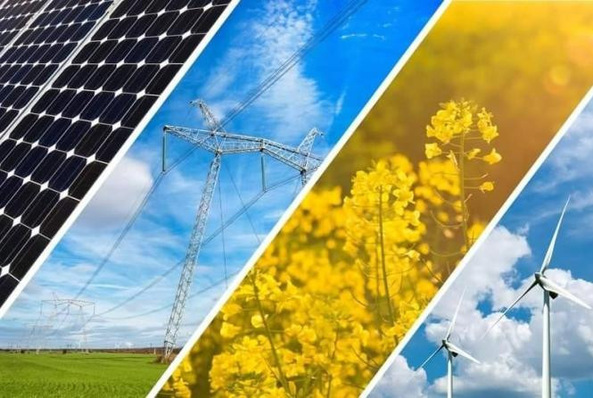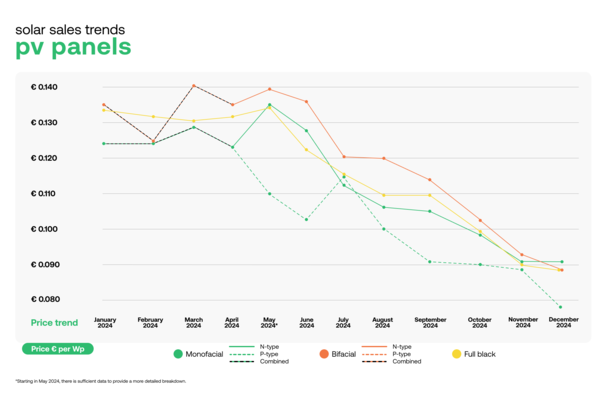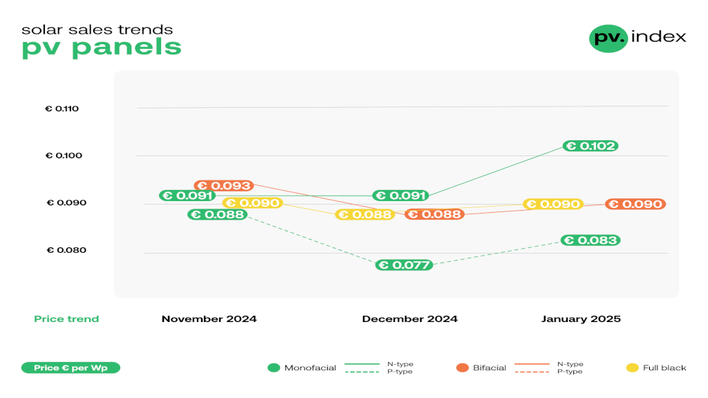"It’s good news for solar and renewables that today’s report recognises the importance of decarbonisation and competitiveness, and underlines how mutually reinforcing they are. The best option for EU competitiveness remains flexible, renewable-based electrification. As we’ve modelled, flexible electrification, based on renewables, can decrease day-ahead electricity prices by 25% by 2030 and 33% by 2040 – that’s a no-regret pathway for Europe“, Walburga Hemetsberger, CEO of SolarPower Europe said.
On market design, grids, flexibility, and electrification
“The solar sector is relieved to read the acknowledgment of the critical role of long-term contracts, like PPAs and CfDs, as well as marginal pricing, in making the electricity system work and delivering lower energy prices for industry. But President von der Leyen, as she shapes her new College of Commissioners, should be clear: to structurally lower costs, the way forward is based on clean flexibility and smart electrification.
Building on this sentiment, we recommend that Europe adopts an Electrification Action Plan, which goes beyond the good work on electrifying transport, and creates a real pathway for electrification in industry and buildings.
As the report highlights, some of Europe’s energy-intensive industries will need support during this transition period. Any support should ultimately be conditional on electrification and the progress of clean flexibility.”
On reshoring solar manufacturing
“Spending on resilience is not a cost, but an investment. It is important not to give up on strengthening the EU solar supply chain – it is the continent’s primary decarbonisation technology.
We are convinced that the EU Net-Zero Industry Act will make a difference. The NZIA will create a new ‘market pull’ for EU solar products. A visible pipeline of demand de-risks investments in new factories. Still, we believe that more support is needed for the initial scale up for factories. There we are lacking an EU financial instrument dedicated to EU solar manufacturing – comparable to the support received by other sectors, like wind, batteries, and hydrogen."
Notes
New modelling shows that more renewables, electrification and flexibility can boost European competitiveness, slashing average day-ahead energy prices by 25% by 2030, and by 33% by 2040.
The EU Joint Research Centre warns that Europe needs to double its energy system flexibility by 2030 and increase by sevenfold by 2050. (hcn)








